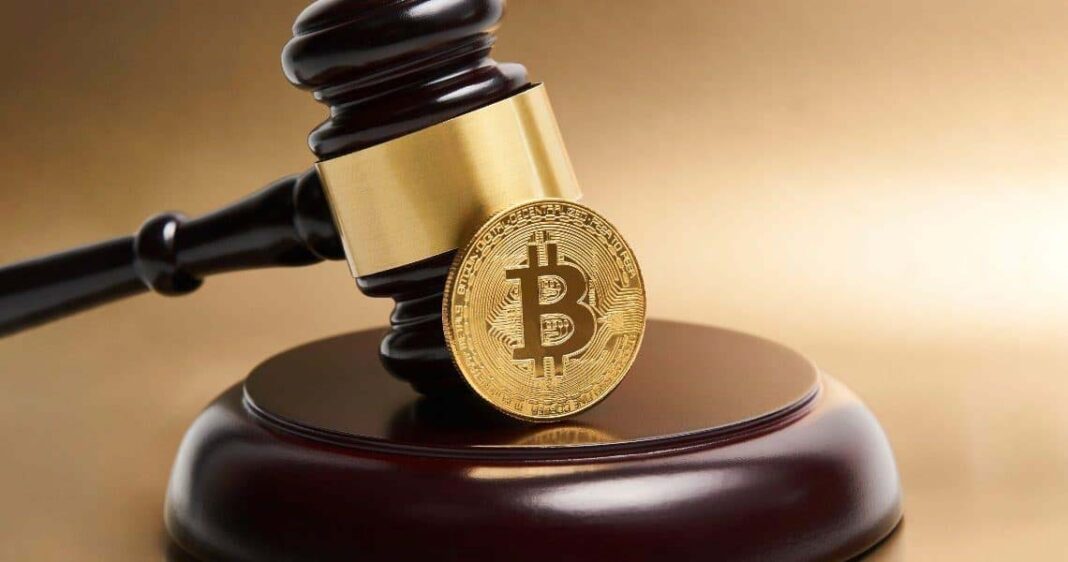The topic of cryptocurrency regulation was discussed during the third Surfin’ Bitcoin event as was to be expected.
The use of cryptocurrency in money laundering
Cryptocurrencies are typically criticized for facilitating money laundering. However, the PSAN licence binds the exchanges to a specific set of obligations, according to Stéphanie Cabossioras, legal director France at Binance. These include identifying all platform users, assisting law authorities in the capture of criminals, and identifying transactions that are deemed questionable. In order to combat money laundering, the business is obligated to alert the police.
Elodie Trevillot, director of DELUBAC & CIE’s regulatory, compliance, and permanent control division, emphasizes that the situation is the same for exchanges and banks. Despite this, the blockchain proves to be a potent tool for traceability. which, in the case of fiduciary money today, is far from the truth. In this way, systems for flow analysis are created to follow the course of financial transactions. The respect for privacy that is at the core of the Bitcoin ethos is still a concern in light of this.
What effects will the MiCA regulation have on cryptoasset owners?
Today, most experts concur that regulating cryptocurrencies is essential. The creator of ORWL Avocats, William O’Rorke, thinks regulators have come a long way in supporting the sector. This has had a huge impact on its growth. Additionally, the upcoming MiCA laws will aid in advancing the situation even farther.
Indeed, it provides investors with a solid framework, especially given that it was created under the direction of the Autorité des marchés financiers (AMF). Be aware that the MiCA standard provides a foundation of guarantees that is comparable to that of conventional financial products. From the perspective of Binance, the top cryptocurrency exchange in the world, this is a very fascinating idea. The implementation of this regulatory framework, however, will take two years.
Contrary to popular belief, the PSAN accreditation does not offer any assurance on cryptocurrency investment. However, it might quickly establish itself as a true brand icon for European cryptocurrency companies.
Security or liberty? What card should I play?
Finding a compromise between regulatory and ethical concerns regarding privacy and decentralization is difficult, as this discussion has shown. Nevertheless, long-term regulatory planning for decentralized finance is also in progress. She also pledges to be harsh. The regulation of cryptocurrencies is a crisis for the authorities. The regulation of cross-border transfers was overshadowed by it. And that’s only the start.



